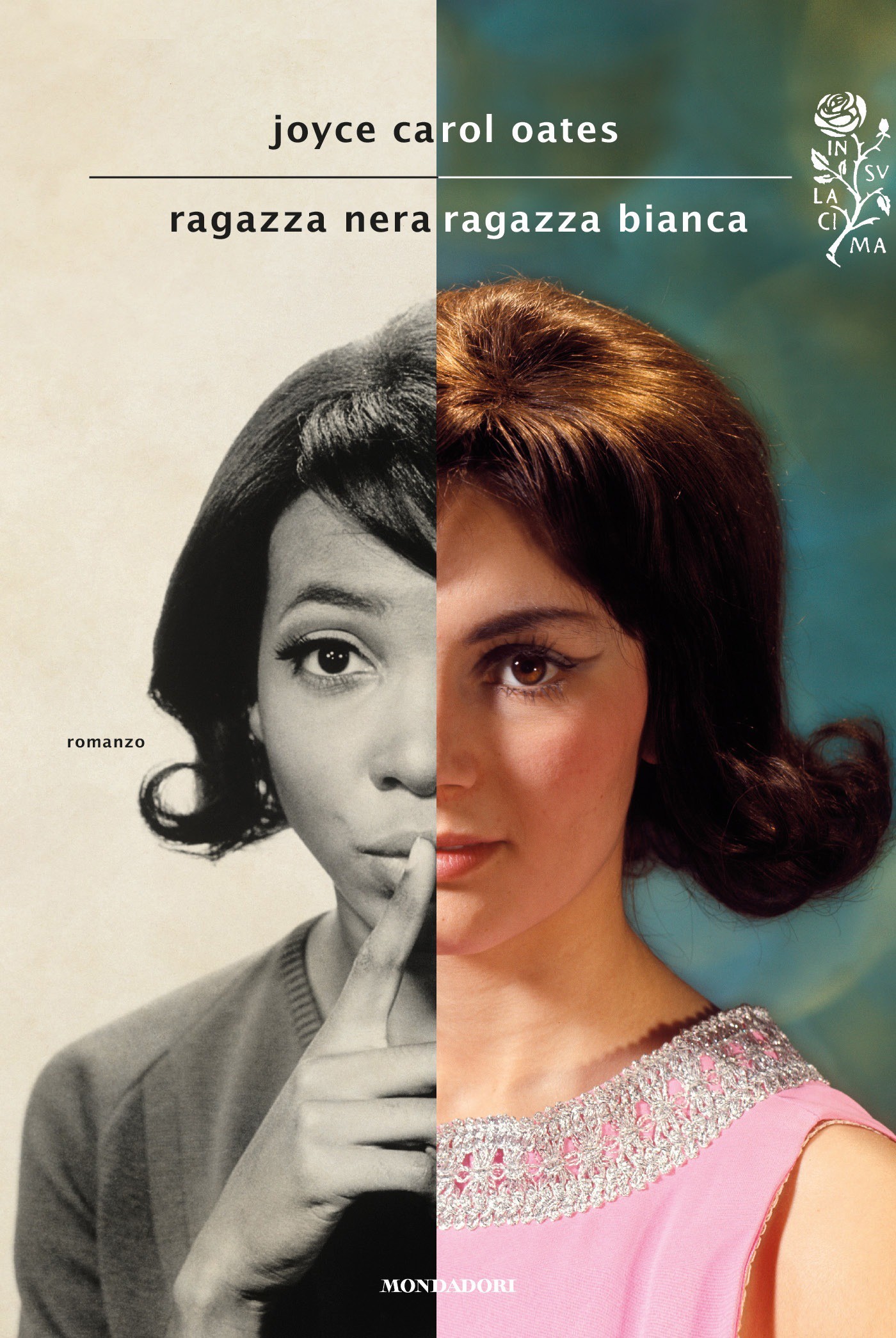What do you think?
Rate this book


336 pages, Paperback
First published January 1, 2006
As the months passed and the text became longer and more complicated, I came to doubt the wisdom of giving it to Max. For, unwittingly, as I composed my text about Minette Swift, I was composing a shadow-text that had little to do with her. I’d intended to compose an inquiry into Minette Swift’s life/death exclusively, but like an eclipse of the sun the shadow-text began to intrude. I could not seem to prevent it! The shadow-text is an inquiry into Max Meade and a portrait of the daughter who betrayed him.